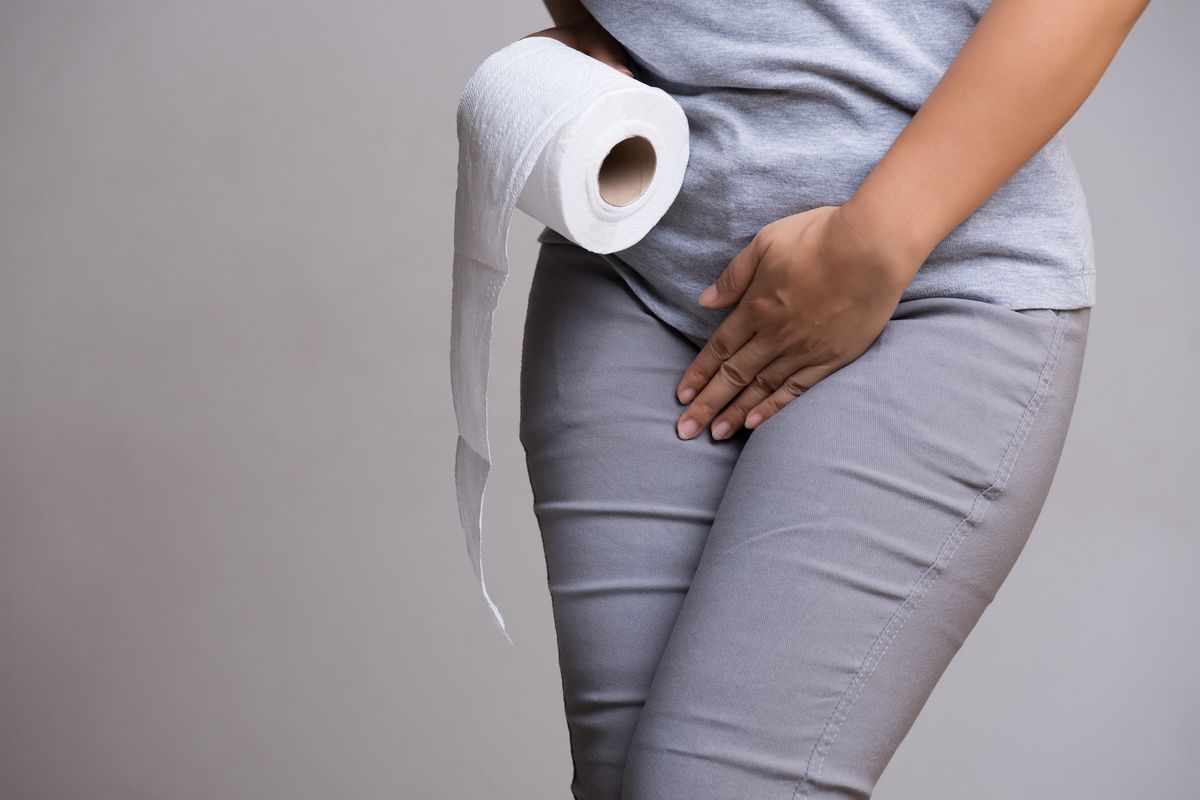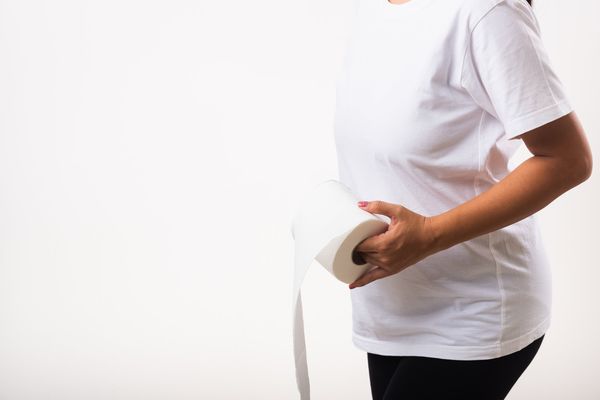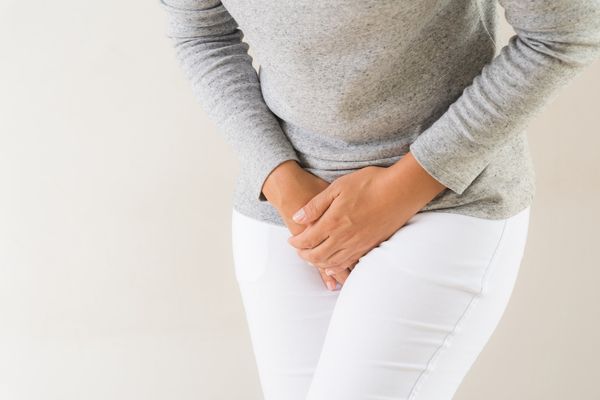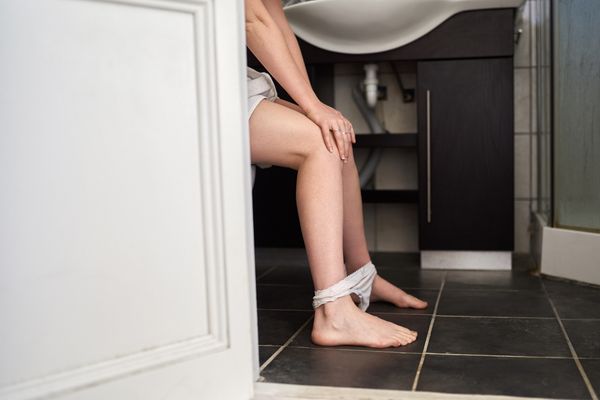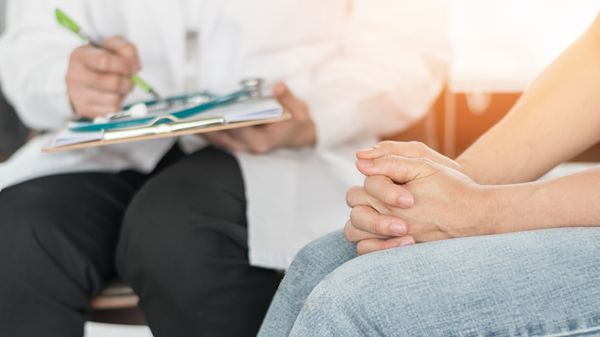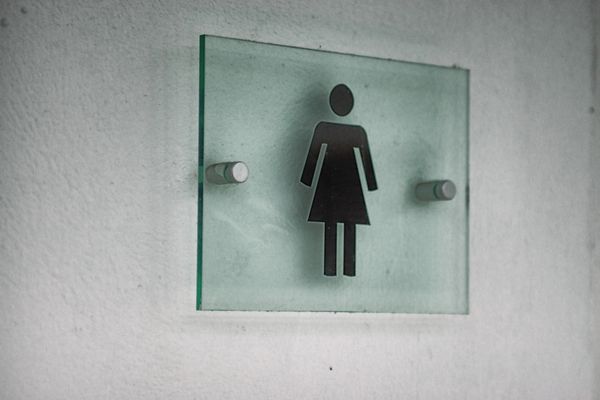While aging often ushers in many annoying and unwelcome changes such as the need for reading glasses or not being able to multitask like you used to, there's one change that isn't just another part of getting old: overactive bladder (OAB). A problem that affects 30% of men and 40% of women in the U.S., OAB causes symptoms such as an urgent and/or frequent need to urinate, the need to use the bathroom several times during the night, and incontinence. People often chalk the symptoms up to aging and put off talking to their health care professional until it starts to interfere with their daily lives. But, there are things you can do to control your symptoms, so it's smart to start the conversation early.
HealthyWomen recently spoke with Dr. Lauri Romanzi, board certified physician in obstetrics and gynecology, and a member of HealthyWomen's Women's Health Advisory Council, about OAB.
HealthyWomen: What causes OAB?
Dr. Lauri Romanzi: We really don't know definitively. What we've seen is that it's related to your nervous system, and we do tend to see it more in post-menopausal women than in men. But to be clear, it's not just another symptom of aging. Because a lot of older people develop OAB, there's the perception out there that aging causes OAB, but that's not the case. There's a correlation between aging and OAB, but not causality. You always want to first rule out any physical blockages, such as kidney stones, that might be causing symptoms.
HealthyWomen: How can OAB affect emotional health?
Dr. Lauri Romanzi: There's a lot of stigma around OAB. Many women are ashamed of it, it can affect their identity and impact mental health. Unfortunately, there's also been a long history of women attempting to talk about it with their clinicians and being told it's a normal part of aging and there's nothing they can do.
It's taken a lot of community outreach to slowly help women understand that, although OAB is common as women get older, it's not a normal part of aging. It's also been a long journey of reaching out to primary care clinicians to help them understand that there are treatments available and that asking about bladder and bowel function is often a helpful part of annual routine health care screening.
HealthyWomen: Is there a correlation between weight and OAB?
Dr. Lauri Romanzi: There is some data supporting a reduction in overactive bladder symptoms when women who are overweight lose excess pounds. However, it's not yet proven to be a terribly reliable way to reduce symptoms of OAB.
HealthyWomen: How can OAB affect a woman's sex life?
Dr. Lauri Romanzi: OAB can have a significant impact on a couple's sex life by interfering with arousal through urgency episodes that interrupt sexual activity. That anxiety of having to pee during sex can also impact desire and interest. Watching your fluid intake before sex can help, and if there is vaginal dryness, often due to low estrogen, using a lubricant can ease any discomfort. Overall, taking a multidisciplinary approach is ideal, including seeing a specialist/therapist to discuss the issue.
HealthyWomen: Can OAB cause kidney damage?
Dr. Lauri Romanzi: No, it can't, but it's not uncommon for women to ask about this. Women with OAB often get worried that they're damaging their kidneys or that their kidneys are weak if they're going to the bathroom all the time, but there's no connection with kidney problems and OAB.
HealthyWomen: Can OAB cause blood in urine?
Dr. Lauri Romanzi: No. If there's blood in the urine, that's a red flag and you have to rule out two main causes: bladder infection and bladder cancer. In menopausal women with OAB symptoms, you always want to screen for infection to rule out bladder cancer first. You never want to assume it's just OAB, which is one reason why it's important to speak with your health care professional quickly once symptoms start.
HealthyWomen: If you have OAB, can you ever return to a normal lifestyle?
Dr. Lauri Romanzi: OAB is considered a chronic condition, but as with many other chronic conditions, it is possible to manage it. The most important message, however, is to see your health care provider early — when you first start having symptoms. The earlier a woman is seen by a health care provider, the more management options she will have, and the more likely she is to respond very well to those options.
Some of the non-pharmacological treatments for OAB are pelvic floor exercises, bladder retraining and various forms of electrical stimulation.
HealthyWomen: What is your advice for women who think they might have OAB?
Dr. Lauri Romanzi: Don't be embarrassed to bring it up to your health care provider. Women will often wait until it has started to impact their daily lives. I've had patients who have stopped playing tennis and doing other fun activities because of OAB. Many can have symptoms for years, but don't want to face it.
Helping people confront OAB is half the battle. It's important to remember that it can have a profound impact on your life and health overall. Common doesn't equal normal, and it's really hard to change that belief.
HealthyWomen: What are some suggestions for bringing it up to your health care professional?
Dr. Lauri Romanzi: All women should be able to feel comfortable bringing up bladder dysfunction with their health care professional, but unfortunately that's not always the case. One option is to discuss it with the health care provider you trust the most or feel most comfortable with. From there, they can discuss it with a specialist and set up a referral for you. However, if you've already brought it up with your primary care physician and feel dismissed, I recommend finding another health care provider.
HealthyWomen note: a specialist you may want to look into adding to your care team is a urologist or a urogynecologist.
Urologist: This is a surgeon who treats disorders of the urinary system and can help diagnose and treat SUI.
Urogynecologist: This specialist treats disorders of the reproductive system and the urinary tract. A urogynecologist might be a good option if you require pelvic floor repair and SUI treatment.
This resource was created with support from Urovant.

